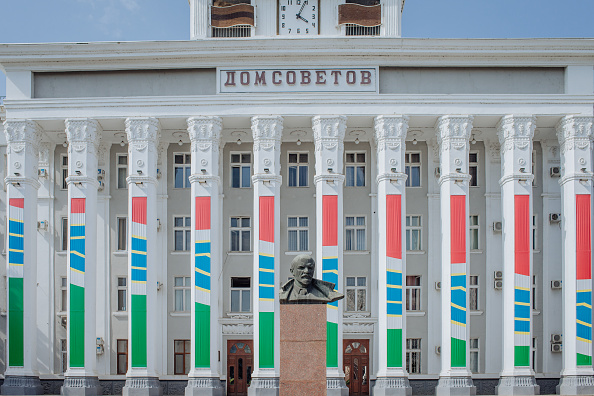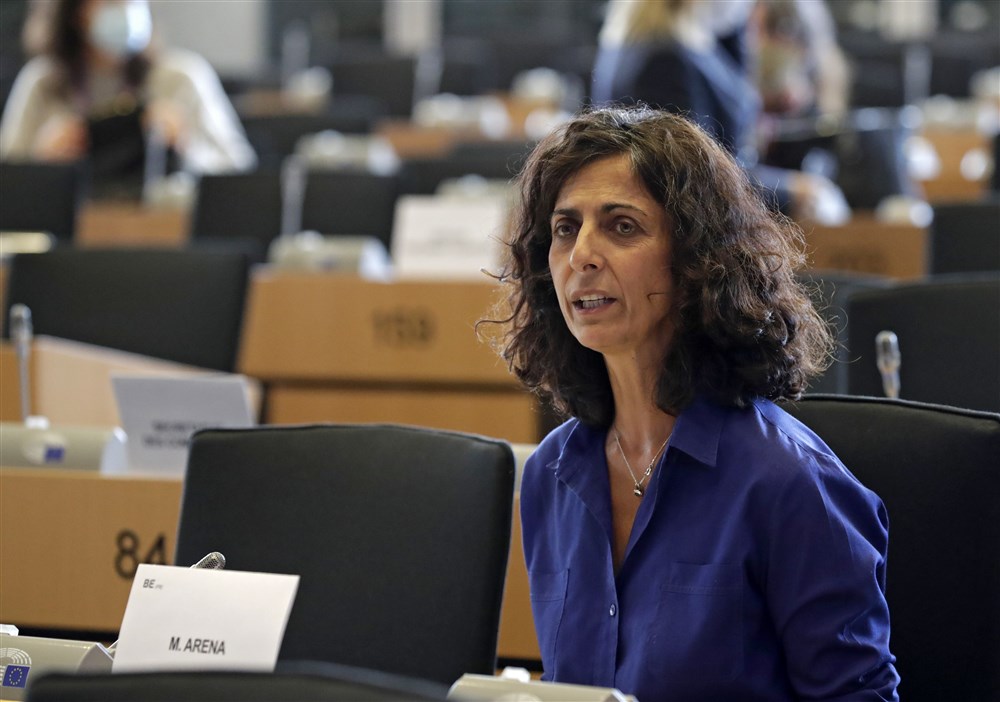In the crucible of public scrutiny, Buttiglione faced probing questions regarding his stance on homosexuality and women. The conservative professor did not flinch in the face of these inquiries.
Buttiglione unapologetically declared that he considered homosexuality a sin, a view rooted in his deeply held religious beliefs. But, in a striking display of resolute principle, he added that his personal convictions would not deter him from championing the cause of ending discrimination against homosexuals.
Furthermore, Buttiglione articulated his belief in the sanctity of the family, declaring that it exists not merely as a social construct but as a fundamental institution designed to enable women to bear children and to provide them with the protective embrace of a caring male figure.
His unyielding commitment to traditional values and family ideals reverberated, capturing the hearts and minds of conservatives across Europe.
In a stunning turn of events, the PES (Party of European Socialists), ALDE (Alliance of Liberals and Democrats for Europe), and Green/EFA (Greens-European Free Alliance) groups cast doubt on Buttiglione’s ability to effectively champion civil rights, particularly in the fight against discrimination. Their scepticism reached a point where they issued a stern warning: they could reject the entire proposed Commission.
The pivotal moment came on October 11 when a committee vote was held, resulting in a razor-thin margin of 27-26 against endorsing Buttiglione’s nomination.
As a consequence, José Manuel Barroso, the then-president of the European Commission, made the unprecedented decision of withdrawing his entire proposed Commission.
This month a popular mayor from Romania, Mrs. Elena Lasconi (member of USR, a progressive liberal party which, as part of an alliance, won 10 MEP seats in 2020), topped her party’s list of candidates for the 2024 European Parliament elections. She was praised as very competent, popular, and charismatic.
Until, that is, she publicly confessed that she voted in favor of a referendum (held in October 2018) for amending the Constitution to define the family as the marriage between a man and a woman.
Overnight, the professional mayor became a persona non grata for radical progressives in Bucharest and Brussels alike.
Just like Rocco Buttiglione, a devout Roman Catholic, the Romanian politician was discarded because of her embrace of a traditional Christian, in this case Eastern Orthodox, definition of marriage.
In less than 24 hours, Mrs Elena Lasconi was removed from the list, being also subjected to public lynching by her own daughter – who accused her mother of holding “disgusting homophobic views”.
What could be sadder than slinging mud at your parents, dishonoring and insulting them simply because they do not share your beliefs, be they of a political, spiritual, or sexual nature? What could be more disrespectful than urging the marginalization of older individuals guilty only of maintaining their traditional convictions?
“Then many will fall away and betray one another and hate one another. And many false prophets will arise and lead many astray. And because lawlessness will be increased, the love of many will grow cold.” (Matthew 24:10-12)
I thought of this biblical passage when I witnessed the vehement reaction of a rebellious daughter against her own mother.
The cause of discord? A recent ideology manufactured in the Marxist Labs seemingly specialised in dividing families, local communities, schools, churches, and nations on a daily basis.
If you have chosen to support the Christian family, you are immediately attacked by ideological militias formed by intolerant Leftist radicals.
Freedom of speech, freedom of conscience, or a person’s merit, intelligence, or professionalism no longer matter. You are only considered good if you recite the verses of new atheists.
In the name of tolerance, progressive liberals end up conducting public executions. While combatting discrimination, they silence dissenting voices. While advocating for diversity, they impose group think and uniform pre-digested ideas. In the name of democracy, they spit on values held dear by many.
Dark times are announced for lovers of freedom, especially if we don’t close ranks and boldly and determinedly assert conservative values.
Mihail Neamtu is a Romanian author and public intellectual. He holds a PhD in Theology from King’s College London





Europe’s capital needs media to challenge the status quo: That’s why Brussels Signal is launching